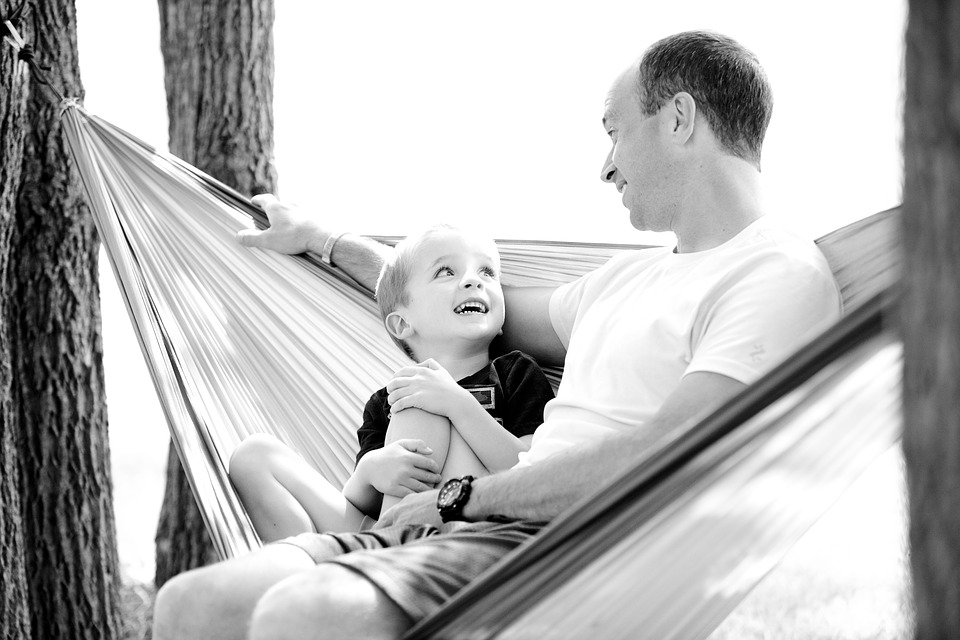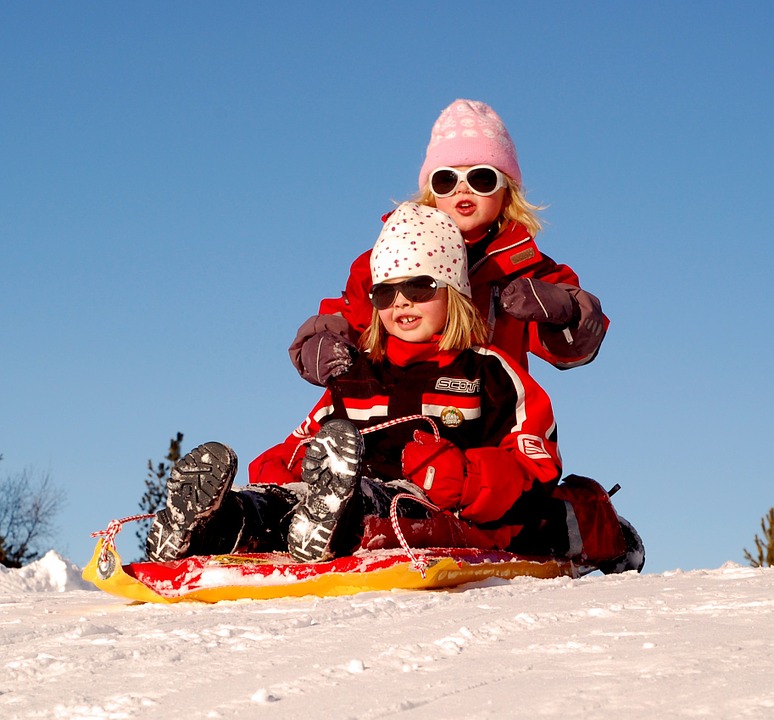
You don’t need to be told that becoming a father is a life-changing experience. The fact is telegraphed from a thousand different directions. Your time will never be your own again, your sleep patterns will be messed up beyond recognition, you’ll have scant time to see your buddies, you’ll know more about children’s TV shows than what’s happening in the NBA or the NFL. But you already knew all that, right?
Of course, you did. But you probably didn’t know the 100 other ways in which parenthood changes your life. The good news is that most of these are incredibly positive, which is why most new dads reel off lists like the one above with a smile on their face – who cares who’s making the playoffs this year, you’ve got more important things on your mind now, and you wouldn’t change it for the world.
However, there are some things that can creep up on you that are not so life-affirming – for example, the dreaded phenomenon that the Brits have dubbed the dad bod. Let’s find out how you can keep in trim, particularly when there is a rapidly growing ankle biter to keep up with.
Eat properly
The problem stems from a combination of the fuel that you are putting in and the exercise that you are doing to keep in shape, but the single largest issue with new dads putting on some extra inches concerns diet. Many are quite certain that they eat less as they find themselves rushing off to work without having had breakfast due to lack of time, and then bolting something quickly in the evening.
Therein lies the problem. Skipped meals do not help – they just mess with your metabolism and increase the temptation to grab something fast and unhealthy to keep hunger at bay. The body likes routine, and by eating regular meals at regular times, you will metabolize food faster and more effectively.
The truth is that babies and kids thrive on routine, so there should really be more reason to eat properly and regularly than there was before.
Get out there
You have more in common with your kids than you might realize. Not only do you both need regular healthy meals, but you also need fresh air and exercise. The archetypal image of the dad out there kicking a soccer ball or throwing some catches with his youngster are great to put into practice, but the important thing to remember is that it is never too early to start.
Your three-month-old baby is not going to be throwing a ball like Joe Montana, but get out there every day with the stroller, take a walk, and get into the routine of venturing out together. The time will disappear faster than you know, and the transition from those first tentative steps to you struggling to keep up will happen in the blink of an eye.
Get checked out
A healthy diet and regular exercise will put you on the right course, but if you are still feeling less than 100 percent, it is always worth getting checked out medically. As we enter our 30s and beyond, there are a number of potential ailments that can crop up, and almost all can be alleviated quickly, just as long as you get them diagnosed.
Even the healthiest dads can find their cholesterol level creeping up as middle age approaches, while a testosterone blood test can be booked online and can identify issues such as calcium deficiency.
Don’t forget your social life
Despite all the tongue-in-cheek comments earlier, it is important for dads to have a little time out and remember that they are still one of the guys, just as much as moms need their girl time.
Schedule something, even if it is just a couple of times a month, and take the opportunity to do more than sink a few beers. This is an ideal moment to relive those youthful days and throw a ball around in the park for half an hour. Chances are, your friends are in a similar position to you, and they will love the idea – and you can always have a beer or two afterwards!
A schedule that works
Most things in life are about achieving a balance, and keeping fit in fatherhood is no difference. The most important thing to try to achieve is routine so that the good habits are convenient and become second nature. If they are a chore, they will end up being dropped, and that’s a guarantee. Good luck!



